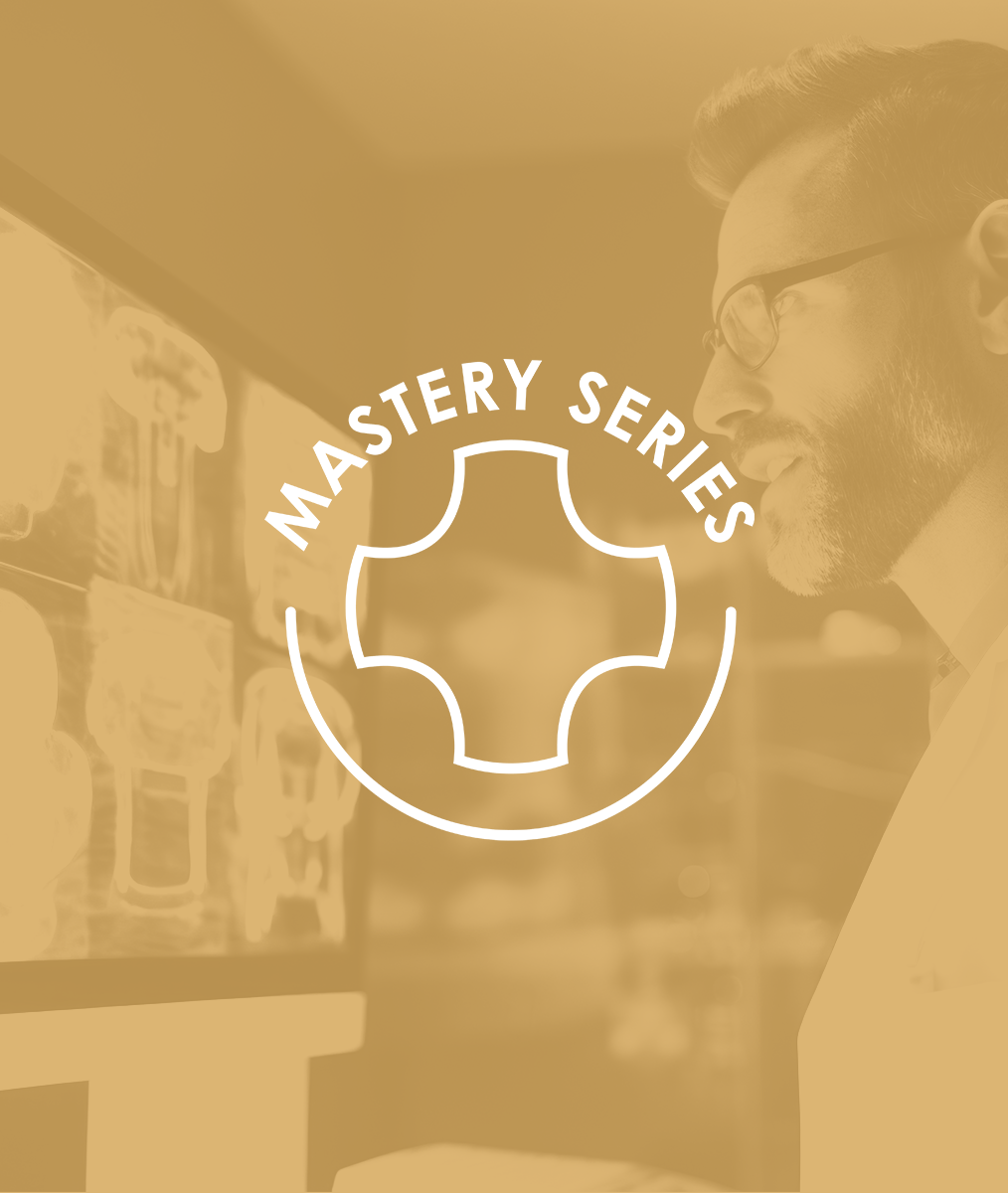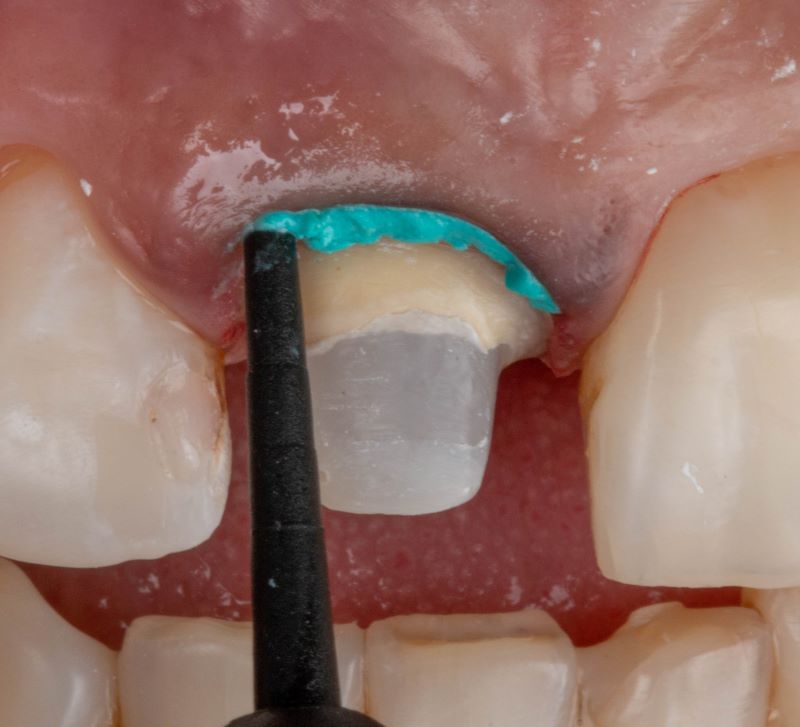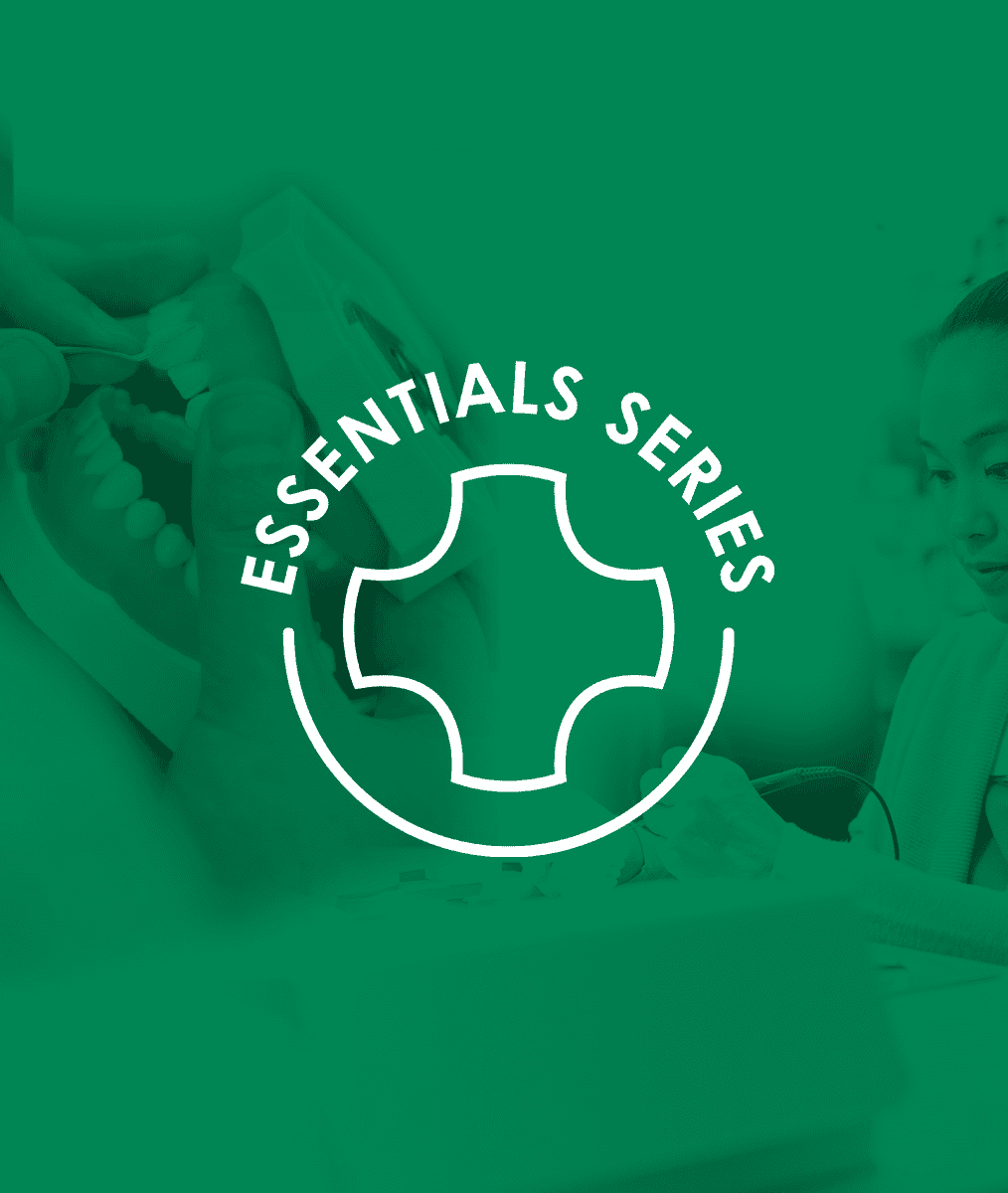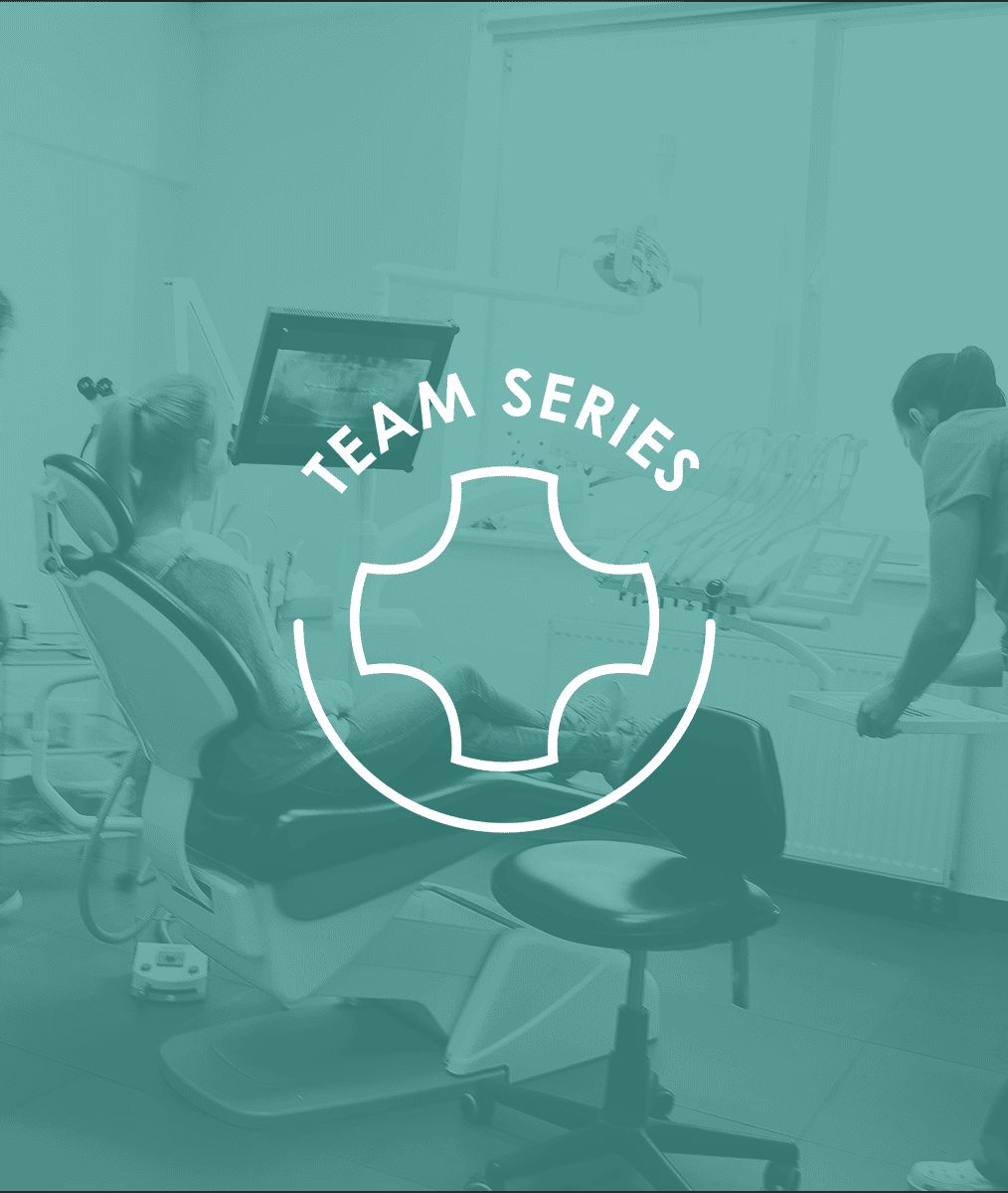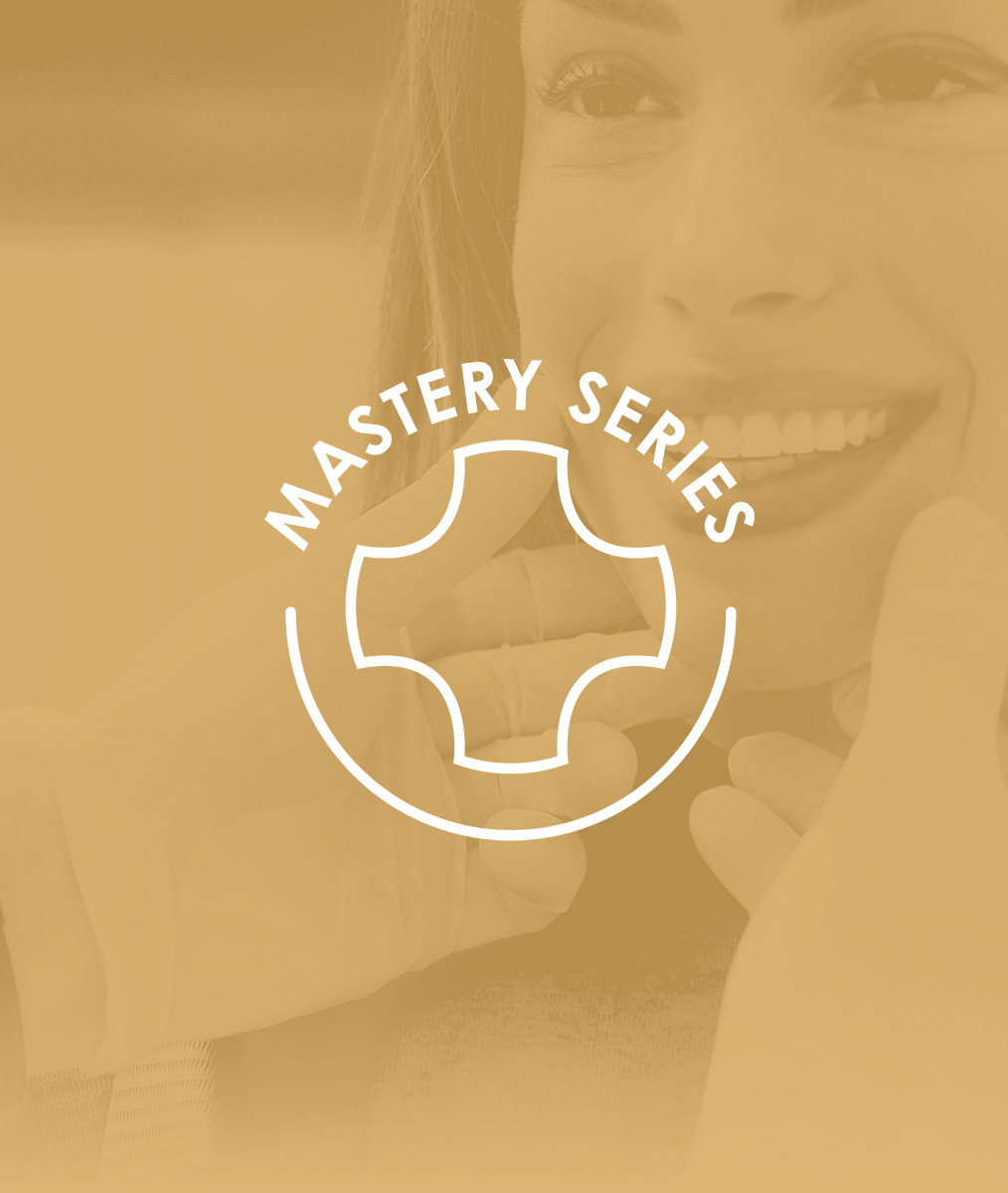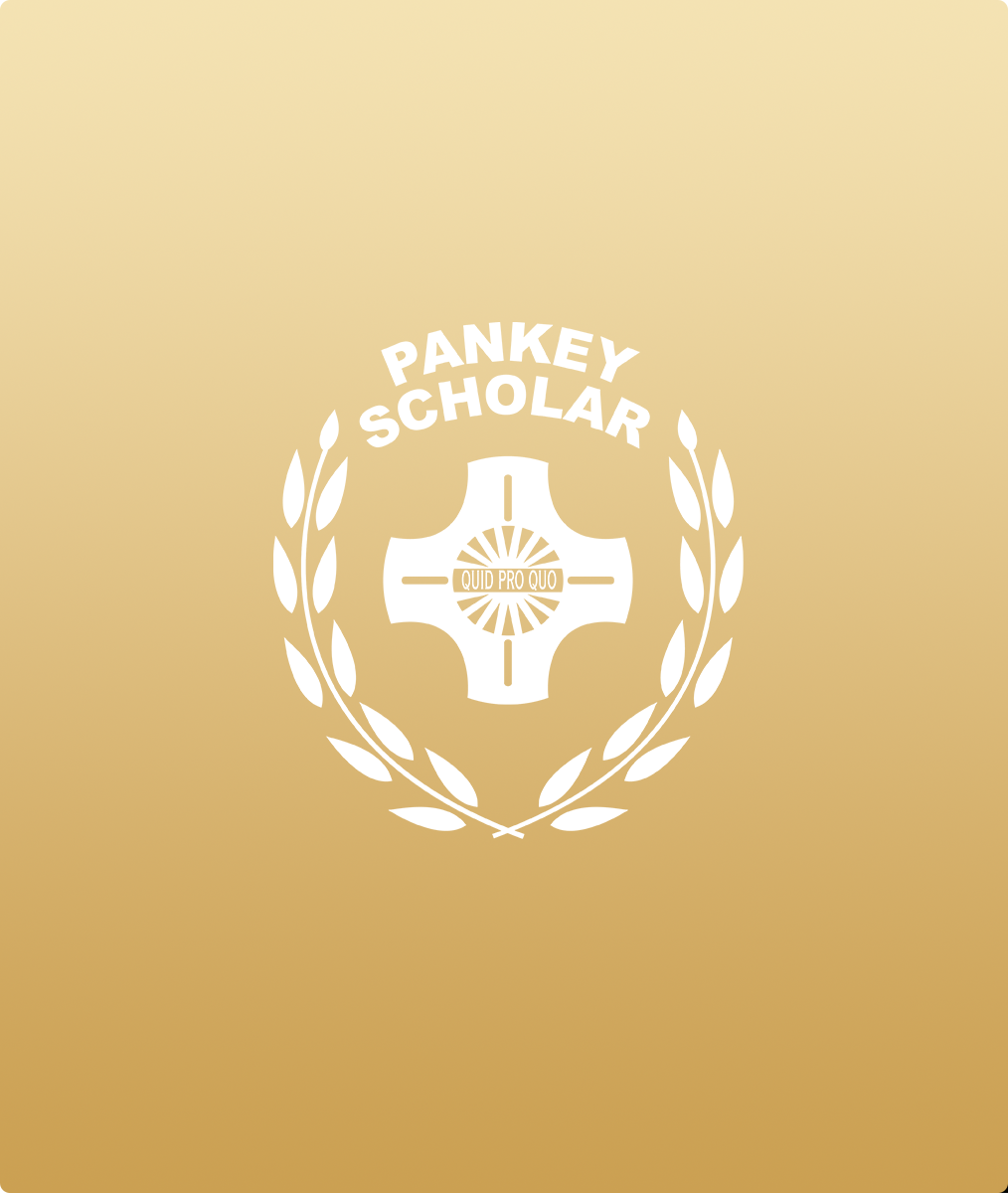What The Pankey Institute Means to Me
The Pankey Institute is the world’s oldest, most prestigious learning center for advanced dentistry. Our Traverse City, Michigan dental practice has been involved with The Pankey Institute for the last 27 years. You will often hear or read that the purpose of the Institute is to narrow the gap between what is known and what is practiced. And the unique thing about this nonprofit organization is that the faculty promote and facilitate learning around the behavioral aspects of dental care as well as the technical aspects.
The technical things we do in dentistry are transactional. Those are the clinical procedures we perform every day. But the behavioral training we receive at The Pankey Institute is truly transformational. It transforms how we approach patient care, placing focus on building relationships of trust based on genuine concern for what is in the patient’s best interest. It transforms how we thoughtfully and collaboratively lead our patients to improving their oral health. It teaches and encourages us to provide the highest standard of clinical excellence so our patients can achieve optimal oral health, comfort, and beautiful smiles.
During our years of association with The Pankey Institute, we have learned how to predictably manage and treat complex dental cases, and how to help patients who, at first, are anxious and lack trust. We’ve learned how to understand where individual patients are coming from and work from that basis to open their minds to what is possible for them and help them access fine care.
The greatest benefit of returning to the Institute for continuing education has been the total immersion that we experience at the Institute as we learn from, interact with, and are mentored and encouraged by like-minded individuals. We’re learning from some of the best dentists in the world. They’re flat-out experts in what they do. They flat-out care about their profession and want to help other dentists become the best they can be. They also want to help the dental professionals on our care teams, whether they are clinical or administrative, become more effective in their roles.
The year 1994 was the first time I attended a course at the Institute in Key Biscayne, Florida. And now I have progressed through the Pankey continuum of courses to where I am part of the visiting faculty to help teach and mentor other dentists. And, I am now the Coordinator of the Pankey Scholar Program, which is the pinnacle of the Pankey Learning Experience.
Since 1994, our dental practice in Traverse City, Michigan, has grown to be the largest “Pankey practice” in the world, and we’re proud of that because of what it means for our patients. We have a common culture here–among our five dentists and all team members, and a vision of patient-centered, comprehensive care that is easily articulated. It positively impacts our work, our lives, and our patients’ lives. It has enabled us to provide a consistently wonderful patient experience.
The Pankey Institute is the voice, the home, and the hope of private care dentistry. The Pankey Institute experience and its supportive community of learners has helped our practice thrive as a private practice that offers expertise in restorative and cosmetic dentistry, including full-mouth reconstruction, implant dentistry, and IV sedation. At Traverse Dental Associates, we are facing today’s business challenges well, we are proud to provide the finest care, and we are strongly committed to private practice.
If you are new to the Institute and I have not met you yet, please let me know. You are the life blood of our profession and may one day be a standard-bearer, if not a missionary for The Pankey Institute, the Pankey community, and everything it represents. I look forward to meeting you.
Related Course
Mastering Treatment Planning
DATE: October 2 2025 @ 8:00 am - October 4 2025 @ 1:30 pmLocation: The Pankey Institute
CE HOURS:
Tuition: $ 4795
Single Occupancy with Ensuite Private Bath (per night): $ 345
MASTERING TREATMENT PLANNING Course Description In our discussions with participants in both the Essentials and Mastery level courses, we continue to hear the desire to help establish better systems for…
Learn More>






